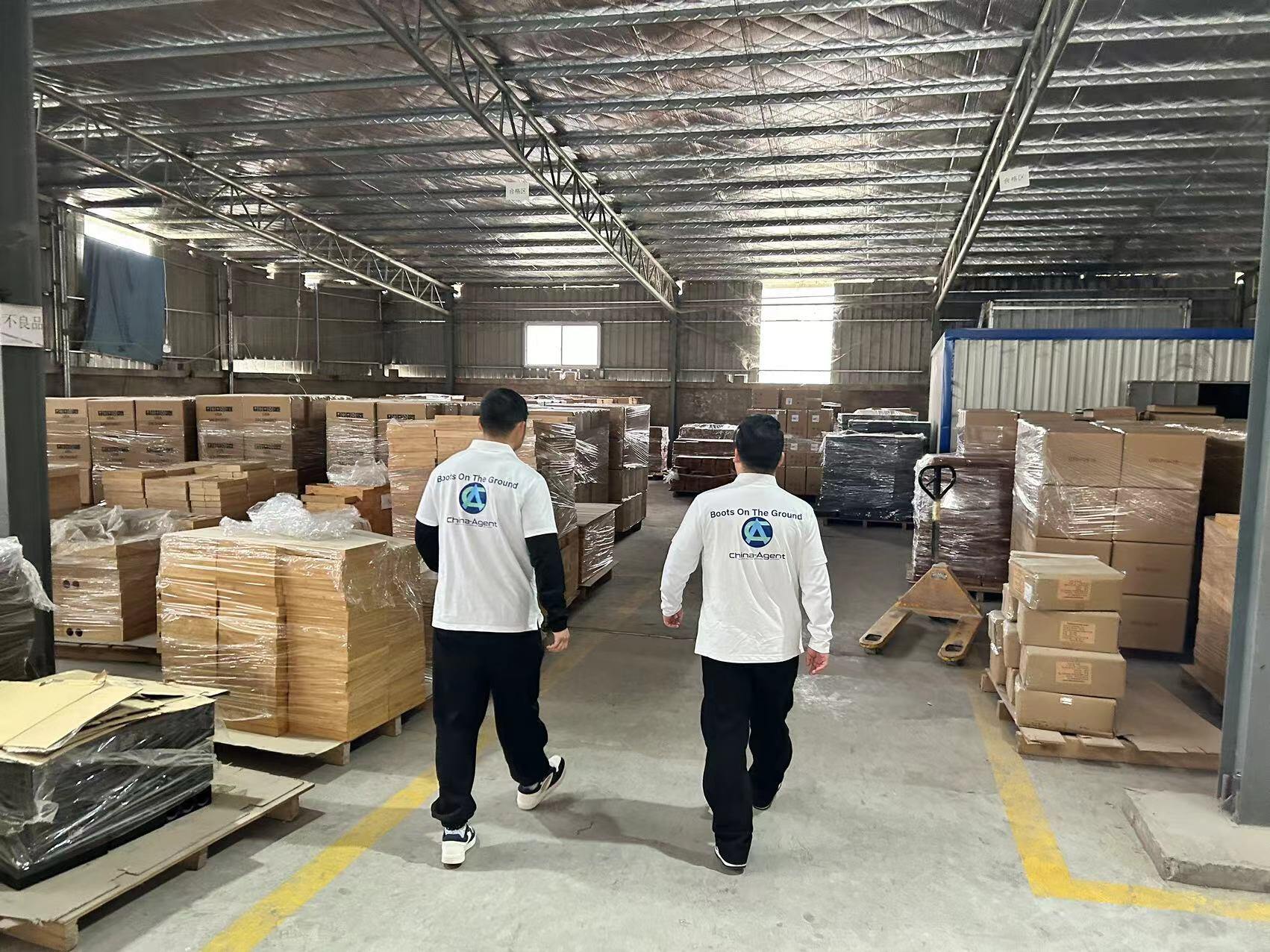China's Ambitious Reform Plans and Their Impact on Global Trade
China's ruling Communist Party has recently set ambitious long-term policy goals during its third plenum meeting, aiming to steer the world's second-largest economy toward "Chinese-style modernization." However, the meeting provided little detail on how to address the current economic downturn, leaving global investors and businesses looking for more concrete actions. Here's what this could mean for importers and global trade:
1. Economic Uncertainty and Risk Aversion
Economic Slowdown: The plenum's broad goals suggest that China is aware of its economic challenges, including weak consumer demand and a persistent property slump. This uncertainty can signal an impending economic slowdown, potentially affecting production capabilities and lead times for imports.
Deflationary Pressures: Persistent deflation can reduce consumer spending and demand for goods, leading to lower production volumes and impacting supply chain reliability.
2. Financial Market Volatility
Currency Fluctuations: Significant economic shifts can lead to volatility in the Chinese Yuan, affecting the cost of imports and necessitating strategic financial planning to manage currency risk.
Liquidity Issues: If financial institutions face increased scrutiny, market liquidity might be affected. This could impact credit availability for suppliers, causing delays or requiring more upfront payments from importers.
3. Regulatory and Policy Changes
Central Bank Interventions: The People's Bank of China (PBOC) might take unconventional measures to stabilize the economy, which could impact interest rates and borrowing costs, affecting import costs.
Increased Regulatory Scrutiny: With the government focusing on national security and economic control, tighter regulations on financial transactions could impact supplier operations and their ability to finance production.
4. Implications for Supply Chain Management
Supplier Financial Health: Economic conditions could affect your suppliers' financial stability. Suppliers under financial strain may struggle to maintain production quality and meet delivery schedules.
Inventory and Pricing Strategies: A deflationary environment might initially benefit importers with lower prices, but long-term deflation could lead to broader economic issues, necessitating careful inventory and pricing strategies.
5. Signals for Future Planning
Need for Diversification: The current economic climate underscores the importance of diversifying supply chains. Sourcing from multiple regions can mitigate risks and ensure more stable supply lines.
Proactive Risk Management: Implementing proactive risk management strategies, such as strong supplier contracts, maintaining buffer stocks, and having contingency plans, is crucial.
6. Potential Opportunities
Negotiation Leverage: Economic uncertainty may make suppliers more willing to negotiate favorable terms. This is an opportunity for importers to renegotiate contracts and improve terms.
Investment in Alternatives: Economic slowdowns often lead to innovation and exploration of alternative sourcing and production methods. Investing in new technologies or markets can offer long-term benefits.
How China Agent Ltd Can Help
Monitoring: We provide ongoing monitoring of economic and regulatory developments in China to keep you informed and ahead of changes.
Contracting: Our team assists in drafting and negotiating strong contracts to protect your interests, including clear terms for pricing, quality standards, and penalties for non-compliance.
Supply Chain Mapping: We help you map your entire supply chain, identifying potential risks and alternative suppliers, ensuring you have a clear understanding and can pivot if necessary.
Negotiations: Leveraging our local expertise, we negotiate better terms with suppliers, securing favorable pricing and ensuring compliance with regulatory standards.
Risk Management: We develop proactive risk management strategies, including maintaining buffer stocks, diversifying your supplier base, and having contingency plans in place.
Technology Integration: We assist in integrating advanced technologies like AI and IoT to improve supply chain efficiency and resilience.
Conclusion
China's ambitious reform plans signal potential economic challenges ahead, making it crucial for importers to monitor economic conditions, manage risks proactively, and ensure supply chain resilience. By understanding these signals and preparing accordingly, importers can better navigate uncertainties and capitalize on emerging opportunities while mitigating potential risks.




